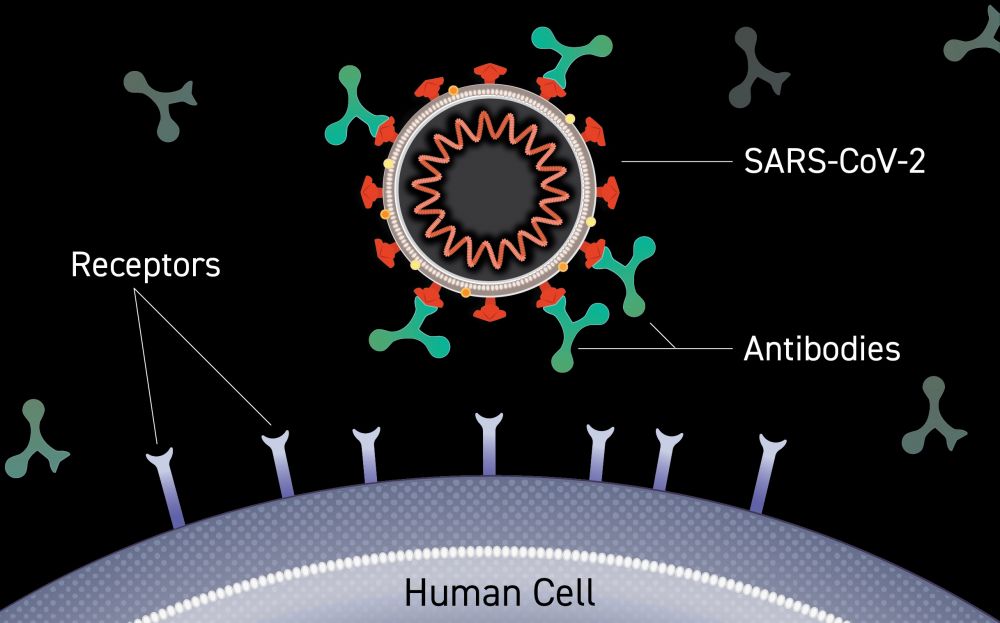
COVID lockdowns changed teenager girls brains, study

Multimedia
- 10-09-2024, 16:53
INA - SOURCES
COVID lockdowns may have caused teenagers' brains to age prematurely, a research study suggests. This accelerated maturation was particularly pronounced in young girls, with potentially irreversible structural changes seen in all areas of their brains.
The restrictive measures introduced between 2020 and 2021 played an important role in curbing the spread of the SARS-CoV-2 coronavirus.
These lockdowns came at a cost: the disruption of daily routines and social activities. These disruptions are thought to have been particularly harmful to teenagers, who rely on social interactions to develop their sense of self-identity and control.
"We think of the COVID-19 pandemic as a health crisis, but we know that it produced other profound changes in our lives, especially for teenagers," said Patricia Kuhl, senior author of the new study and co-director of the University of Washington's Institute for Learning & Brain Sciences (I-LABS), in a statement.
In 2018, Kuhl and her colleagues at the University of Washington embarked on a longitudinal study with 160 teenagers between the ages of 9 and 17 to evaluate the changes in brain structure during typical adolescence. In particular, the team set out to explore changes in the outer layer of the brain called the cerebral cortex, which is known to get thinner as we age.
However, in 2020 it became clear that the teenage experiences of these participants would be far from "normal."
"Once the pandemic was underway, we started to think about which brain measures would allow us to estimate what the pandemic lockdown had done to the brain," Neva Corrigan, lead author of the study and a research scientist at I-LABS, said in a statement.
Chronic stress and negative life events are known to accelerate cortical thinning, which is linked to an increased risk of developing mental health disorders, particularly among young women.
Using its original data from 2018, the team created a model to show the expected trajectory of cortical thinning for these teenagers. The participants were then brought in for a second brain scan in 2021 to compare how their brains had actually changed during this period.
On average, the teens' brains showed significantly accelerated cortical thinning, with particularly pronounced effects in females. While boys showed cortical thinning only in the visual cortex, girls showed thinning all over their brains.
China holds live fire drills in East China Sea but Taiwan says none nearby
- International
- 01:30
Al-Sudani Conducts a Field Visit to Al-Rasheed Street
- politics
- 11:28
Al-Sistani: Tomorrow, the 29th of Ramadan
- Local
- 25/03/29
SOMO: Iraq has the fourth-largest proven oil reserves in the world
- Economy
- 25/03/26
Al-Amiri warns of any war between Iran and the US
- politics
- 25/04/01












